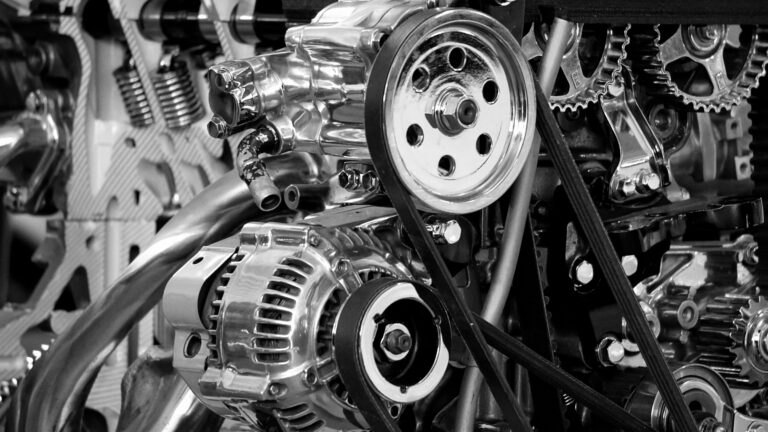
Your car’s transmission is one of its most critical components, responsible for shifting gears and delivering power to the wheels. When transmission issues arise, they can affect performance, fuel efficiency, and even safety. Recognizing early warning signs can help prevent costly repairs and breakdowns.
If your car unexpectedly changes gears or struggles to stay in gear, you may have a slipping transmission. This issue often feels like the car is losing power even though the engine is running fine.
🔧 What to Do: Check the transmission fluid level and condition. If the fluid is low or burnt, it may need a flush or top-up. Persistent slipping requires professional inspection.
If you notice hesitation, jerking, or rough shifting when changing gears, there could be an issue with the transmission fluid, shift solenoids, or even the clutch (for manual transmissions).
🔧 What to Do: Dirty or low transmission fluid can cause this problem. If the fluid looks dark or has a burnt smell, consider a fluid change. If the issue persists, a mechanic should inspect the transmission system.
A red or brown puddle under your car is a clear sign of a transmission fluid leak. Transmission fluid is essential for lubrication and cooling, and low levels can lead to serious damage.
🔧 What to Do: Look for leaks near the transmission pan, seals, or cooler lines. If you spot a leak, get it fixed immediately to avoid internal damage.
A burnt odor from your car could mean the transmission is overheating, often due to low or degraded transmission fluid.
🔧 What to Do: Stop driving immediately and check the transmission fluid. If it’s low, topping it off may help temporarily, but an inspection is necessary to prevent further damage.
The check engine light doesn’t always point to engine problems—it can also indicate transmission issues. Modern vehicles have sensors that detect transmission malfunctions.
🔧 What to Do: Use an OBD-II scanner to read the error code or take your car to a professional for diagnostics.
Unusual noises when shifting gears or while driving can signal transmission trouble. A whining noise may indicate fluid issues, while clunking or grinding may point to worn-out internal parts.
🔧 What to Do: If you hear these sounds, it’s best to have your transmission checked as soon as possible to avoid major repairs.
For more details on how transmissions work, check out this guide from AutoZone.
Ignoring transmission problems can lead to costly repairs or even total failure. If you’re experiencing any of these symptoms, don’t wait—schedule a professional inspection today. At Hiller Automotive, our expert mechanics can diagnose and fix your transmission issues to keep your vehicle running smoothly.
Book your appointment now to avoid bigger repairs down the road!

Subscribe for specials and updates.